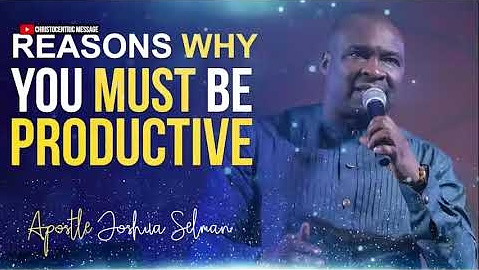The Protestant Productivity Ethic
falling ceilingsTake therefore no thought for the morrow: for the morrow shall take thought for the things of itself. Sufficient unto the day is the evil thereof.
Before men of war and Canadian college professors were cursing at us to clean our rooms, popular guidance on how live a more productive life took on a more genteel, avuncular, and managerial tone. But what hasn't changed within the productivity industry is the assertion that what we do reveals something fundamental about who we are. The implication being, of course, that we are not good. The good news of these gurus is that we can repent or change our lives and become what we wish to be. Much ink has been spilled over Weber's thesis regarding the Protestant work ethic, and it is hard not to see the Protestant Law-Gospel distinction at work in the self-help sermons we have an insatiable appetite for.

These prophets hold the mirror of our lives up to our faces and we flinch at our failures. We stand condemned for our vain pursuits and rudderless lives. How many moments have you spent mindlessly shuffling through your days? We are utterly depraved.
But there is hope. It is not too late. You can repent. You can turn back.

Contra Weber, who had in mind a thoroughly monergistic Calvinistic worldview, this Protestant productivity ethic leans more unapologetically synergistic in its theological framework. There's no prevenient grace here. You've got work to do.
And the first task you have on your soon-to-be never-ending list of things to do is: create a new Law in your own image.
